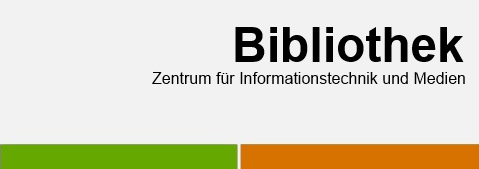n-type silicon modules
- The photovoltaic industry is facing an exponential growth in the recent years fostered by a dramatic decrease in installation prices. This cost reduction is achieved by means of several mechanisms. First, because of the optimization of the design and installation process of current PV projects, and second, by the optimization, in terms of performance, in the manufacturing techniques and material combinations within the modules, which also has an impact on both, the installation process, and the levelized cost of electricity (LCOE). One popular trend is to increase the power delivered by photovoltaic modules, either by using larger wafer sizes or by combining more cells within the module unit. This solution means a significant increase in the size of these devices, but it implies an optimization in the design of photovoltaic plants. This results in an installation cost reduction which turns into a decrease in the LCOE. However, this solution does not represent a breakthrough in addressing the real challenge of the technology which affects the module requirements. The innovation efforts must be focused on improving the modules capability to produce energy without enlarging the harvesting area. This challenge can be faced by approaching some of the module characteristics which are summarized in this chapter.
| Verfasserangaben: | Andreas Schneider, Emilio Muñoz-Cerón, Jorge Rabanal-Arabach, Eszter Voroshazi, Rubén Contreras Lisperguer, Vincent Barth |
|---|---|
| DOI: | https://doi.org/10.1049/PBPO175E |
| ISBN: | 978-1-83953-176-7 |
| ISBN: | 978-1-83953-177-4 |
| Titel des übergeordneten Werkes (Englisch): | N-Type Crystalline Silicon Photovoltaics: Technology, Applications and Economics |
| Verlag: | Institution of Engineering and Technology |
| Dokumentart: | Teil eines Buches (Kapitel) |
| Sprache: | Englisch |
| Datum der Veröffentlichung (online): | 01.05.2023 |
| Datum der Erstveröffentlichung: | 01.05.2023 |
| Veröffentlichende Institution: | Westfälische Hochschule Gelsenkirchen Bocholt Recklinghausen |
| Datum der Freischaltung: | 20.03.2024 |
| Freies Schlagwort / Tag: | ingots; photovoltaic power systems; silicon; solar cells; sustainable development |
| Erste Seite: | 171 |
| Letzte Seite: | 229 |
| Fachbereiche / Institute: | Fachbereiche |
| Lizenz (Deutsch): |




